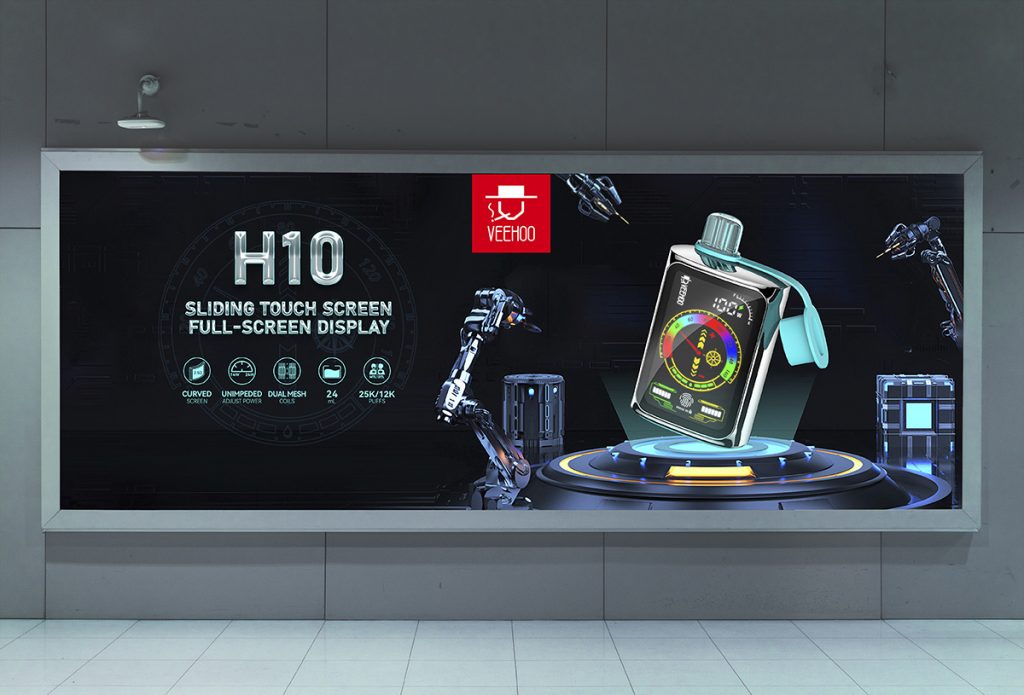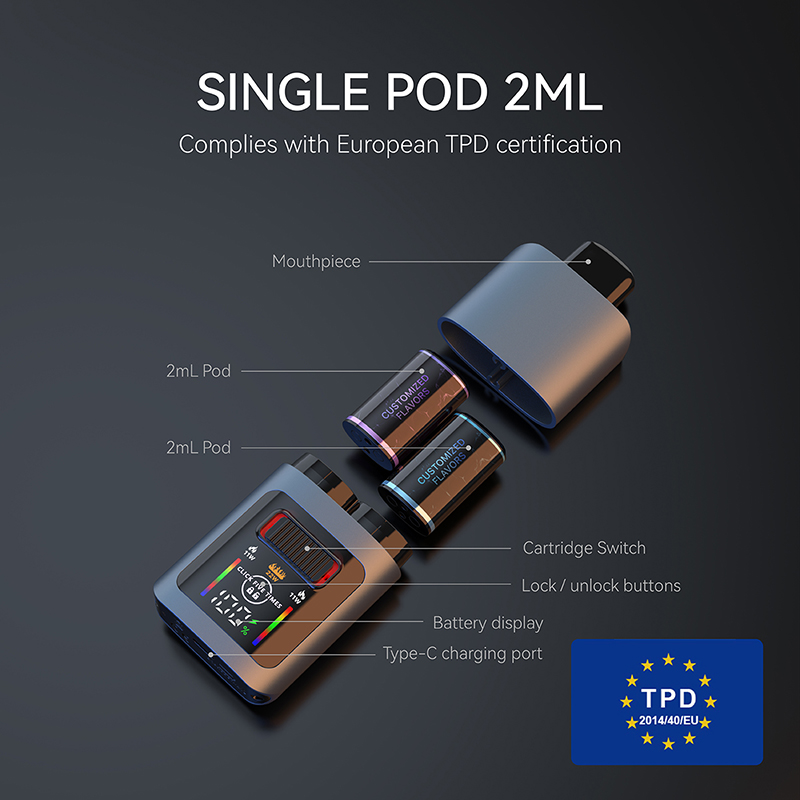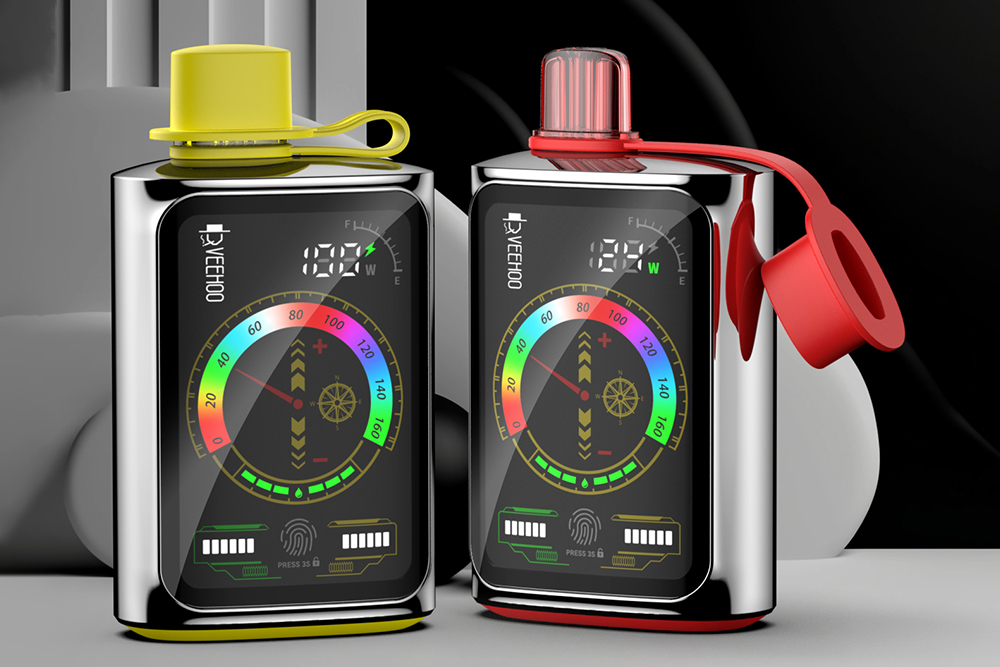On September 30, according to an announcement released on the official website of the Department of Trade and Industry (DTI), the DTI issued revised implementation rules for Republic Act No. 11900 (RA11900) (i.e., the Vaporized Nicotine and Non-Nicotine Products Regulation Act). The document clearly stipulates that the maximum nicotine content in atomized products shall not exceed 65mg/ml, and DTI and FDA will jointly formulate technical standards for atomized nicotine and nicotine-free products.

The revisions are as follows:
Product standards:
According to Article 18 of RA11900, the Office of Special Mission for Vaporized Nicotine and Non-Nicotine Products (OSMV) and the Philippine Food and Drug Administration (FDA) will jointly formulate and publish technical standards for products to ensure their compliance and safety. Vaporized products with nicotine content exceeding 65mg/ml are not allowed to be sold on the market. Compliance with these product standards is mandatory.
Product Registration:
Under Section 19 of RA11900, all vaping products and novel tobacco products must be sold through the internet or e-commerce platforms by online sellers or distributors registered with the DTI or the Securities and Exchange Commission (SEC). Products sold and advertised online must comply with health warning requirements and other requirements of the Bureau of Internal Revenue (BIR), including tax stamps, minimum or floor prices, or other fiscal markings.

Online Sales:
E-commerce platforms and social media sales facilities can only allow distributors or retailers registered with the DTI and BIR to sell vaping nicotine and non-nicotine products, their devices, and novel tobacco products.
Restrictions on Sales and Promotions around Schools:
The sale, promotion, advertising, and display of vaping nicotine and non-nicotine products or novel tobacco products within 100 meters of a school are prohibited.
Designated Smoking Area (DVA) Standards:
Sets standards for DVAs and requires that all owners or juristic persons who set up indoor DVAs in buildings and/or premises must first obtain approval from the OSMV.
Recall, ban or seizure of non-compliant products: OSMV may order the recall, ban or confiscation from public sale or distribution of nicotine and non-nicotine vaporized products, their devices or novel tobacco products that do not comply with RA11900, IRR, technical regulations or amendments thereto.
Establishment of a special mission office:
DTI has established the Office of Special Mission on Nicotine and Non-Nicotine Vaporized Products (OSMV) to be responsible for the regulation and tax collection of vaporized products. The agency will ensure that all vaporized products in the market meet technical standards and conduct effective tax collection.

Online Brand List:
OSMV and BIR will maintain a monthly updated online list of brands of vaporized nicotine or non-nicotine products, their devices or novel tobacco products registered by DTI and BIR that are eligible for online sales.
The amendment aims to further strengthen the regulation of vaporized products, heated tobacco products (HTPs) and their devices to ensure that the production, sale and distribution of these products in the Philippine market meet international standards, protect public health and safety, and ensure that the government effectively collects relevant taxes.
The order will take effect immediately after being published in at least two widely circulated newspapers.
As an vape brand committed to product quality and user health, Veehoo vape should actively respond to and comply with the new regulations in the context of this revision. According to the new regulations, Veehoo vape needs to ensure that the nicotine content of its products complies with regulations and does not exceed 65mg/ml. This means that Veehoo needs to adjust its products to meet the regulatory requirements of the Philippines and ensure the compliance and safety of its products.
In general, the revision of the Philippine vape regulations will pose new challenges and requirements to the development and operation of Veehoo vapes in the Philippine market. As a responsible enterprise, Veehoo needs to actively comply with the new regulations to ensure the legality and compliance of its products in the Philippine market, while making positive efforts to protect public health and safety.
Tags: Philippines revise vape regulations,Nicotine content of vapes in the Philippines,veehoo vape